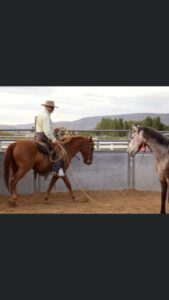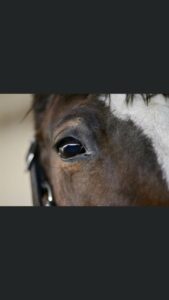Reflections on Equestrian Art by Nuno Oliveira
#4 Reflections on Equestrian Art by Nuno Oliveira
Click on book cover to go to the Eclectic Horseman Mercantile for purchase.
Oliveira Reflections on Equestrian Art was first published in France, 1964, at the request of some of Maestro Oliveira’s pupils. It was translated into English in 1976 by Phyllis Field.
Since then, Nuno Oliveira has taught in the United States and further afield in Australia and New Zealand. In 1987, he held a Master Class in England as a guest of the Association of British Riding Schools. Skill, artistry, total dedication and absolute brilliance have earned the maestro international recognition.
Nuno Oliveira has been described as one of the last great international riding masters and this important book affords an opportunity to study a master at work. As the author, he reveals much of his own personality and philosophy in his writing, examines and explains classical techniques with clarity and brilliance. Throughout the book the emphasis is on lightness and harmony, the whole reflecting on a deep love and respect for the horse.
Times change but classical principles remain the same. Over two decades have passed, but Reflections on Equestrian Art remains one of the most relevant and true descriptions of Nuno Oliveira’s work.
(hardcover, photos, 118 pgs.)
Excerpt from the book:
“Observe, and reflect!” (Beudant)
I have made countless errors in the raining of literally thousands of horses.
Luckily I am aware of these faults, for otherwise I would never have made further progress. I know that I still have much to learn, and will go on learning until my dying day, not only by riding, but by studying, thinking deeply, and observing.
The study and meditation of which the great masters have written must be carried out in the riding school, which is the equivalent of the architect’s drawing board, and therein every good dressage trainer must prepare a programme in advance for his pupil, deciding one by one the steps to be taken in order to overcome the difficulties as they arise.
“It is the lightness of the horse which gives great cachet to advanced dressage, and at the same time expresses the indubitable talent of the rider (ecuer).” (General L’Hotte)
More often than not, it is we ourselves who keep a horse from performing an exercise correctly, and classically, by incorrect use of the aids, and by a poor seat.

 Previous Post
Previous Post

